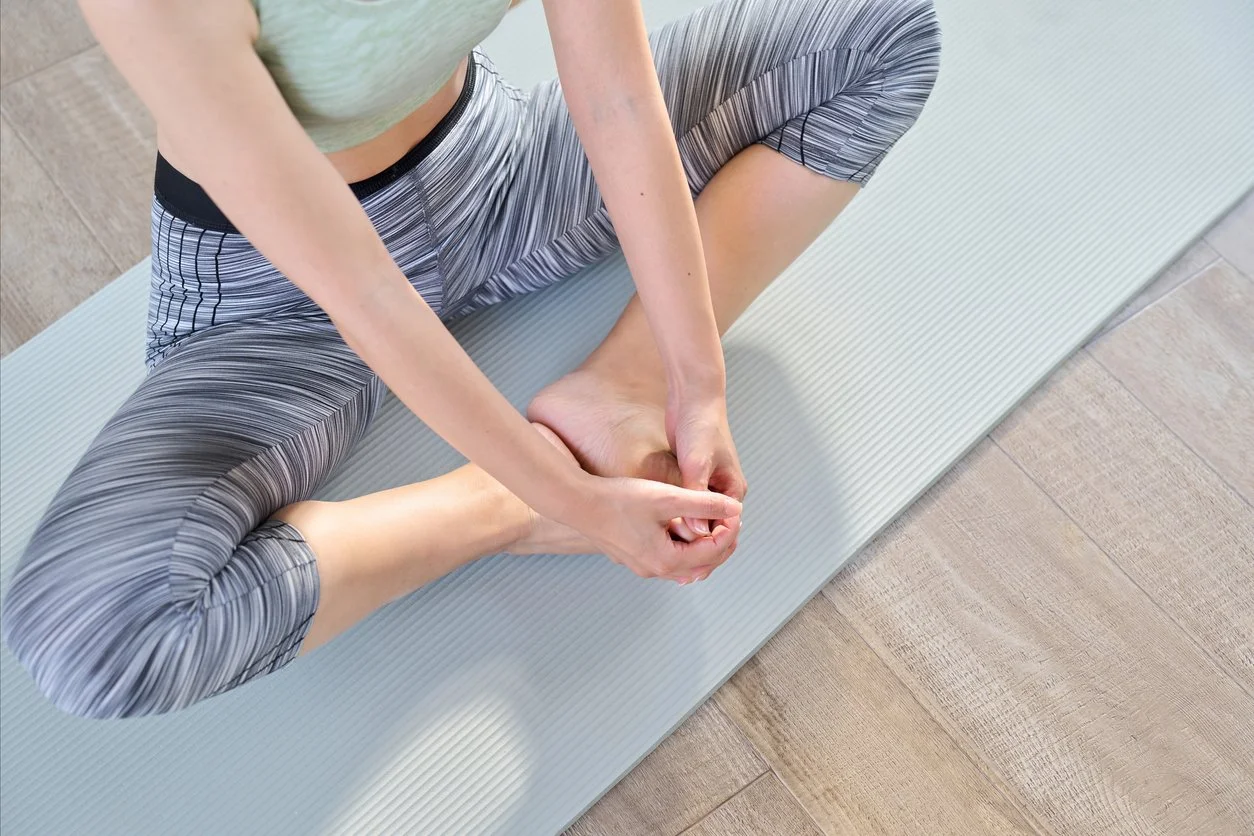Pelvic Floor Physiotherapy
Did you know that leaking while jumping, laughing, or sneezing is NOT a normal part of ageing? Pelvic Floor Physiotherapists can help with that!
Do you suffer from leakage, pain, or feel like you’re not yourself anymore?
It could be pelvic floor issues. Book an appointment with our Pelvic Floor Therapist.
Pelvic floor problems are not uncommon for both men and women, so you are not alone if you think you need to see a Pelvic Floor therapist. Pelvic floor dysfunction is the inability to correctly tighten and relax muscles in the pelvic region. These affected muscles and organs include the bladder, uterus (Female), prostate (Male), and rectum. Pelvic floor issues generally start when there are issues with contracting and relaxing these muscles, and if left too long without treatment, this can cause problems that will extend the pain and leakage longer. Here are some commonly asked questions!
Who should see a Pelvic Floor Physiotherapist?
If you are experiencing incontinence, occasional leaking, pain “down there," pain with or after sex or if you are feeling like something is just not quite right… you should see a Pelvic Floor Physiotherapist! If you are pregnant, planning on trying to conceive or have just had a babe, you should come and see a pelvic floor physiotherapist too!
What Does a Pelvic Floor Physiotherapist do?
A Pelvic Floor Physiotherapist specializes in helping men and women with pelvic floor dysfunction, pelvic pain, incontinence, or pelvic organ prolapse (POP). With additional education and training, they can assess, externally and internally, to find and treat dysfunction and/or pain. Pelvic Floor Physiotherapy is also an integral part of pre- and post-partum care.
What are the benefits of Pelvic Floor Therapy?
Some benefits to pelvic floor physiotherapy include isolating tight and weak pelvic floor muscles that contribute to incontinence, pelvic pain, POP, low back pain, and more. Pelvic Floor Physiotherapists can assist in improving strength and control in the pelvic floor muscles to reduce pain and improve function.
How can I strengthen my Pelvic Floor?
Strengthening your pelvic floor is typically at the discretion of your Pelvic Health Physiotherapist, as it will vary for each individual given the issue. Kegels are not necessarily for everyone but can be effective for the indicated patient. Deep lower core muscles are used simultaneously with the pelvic floor muscles, so learning to train and strengthen these muscles is more effective. Your Pelvic Health Physiotherapist can work with you to develop an exercise program that will be specific and unique to you.
Meet Deanna Jensen
M.SC. Physiotherapy, B.KIN. (HONS)
Physiotherapy treatment addressing urinary incontinence can include things like improving strength, control, and awareness, and training the bladder. Working on reducing triggers and finding ways to take your mind off having to urinate are additional techniques that can help reduce urge incontinence.
Incontinence can be a common issue throughout society, and it becomes especially hard for patients to openly discuss these concerns with health practitioners. However, incontinence is not a regular part of ageing, and seeing a Pelvic Health Physiotherapist will become very beneficial and effective.
What can Pelvic Floor Physiotherapy do for Urinary Incontinence?
Who can Benefit from Pelvic Floor Physiotherapy?
Pelvic Floor Physiotherapy is beneficial for individuals experiencing pelvic floor dysfunction. Whether due to pregnancy, aging, surgery, or other health conditions, pelvic floor dysfunction can significantly impact daily life, but physiotherapy can help manage and treat these issues effectively.
Pelvic Floor Physiotherapy Tips
Are you experiencing...
Pelvic, Lower Back, Tailbone, or Hip Pain
Urinary &/or Bowel Incontinence
Pain During Intercourse
Exercise-Related Symptoms
Pregnancy & Postpartum Concerns




